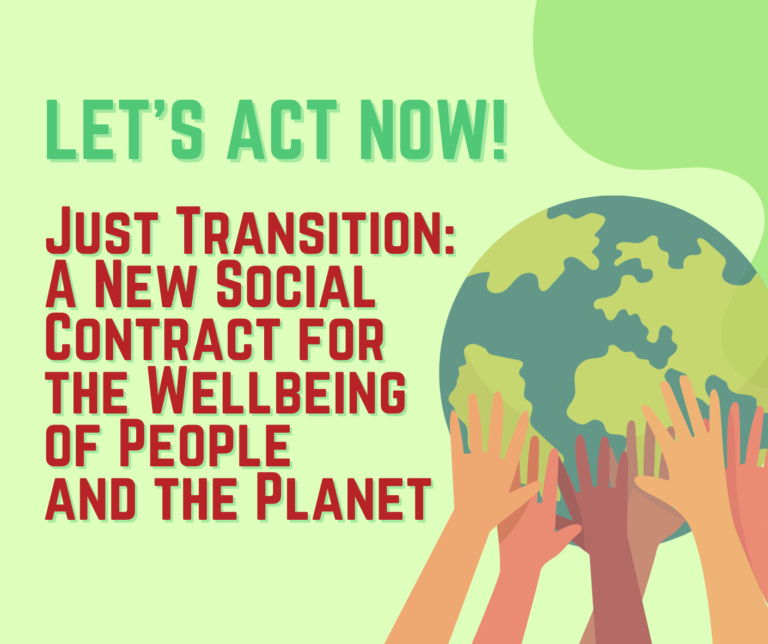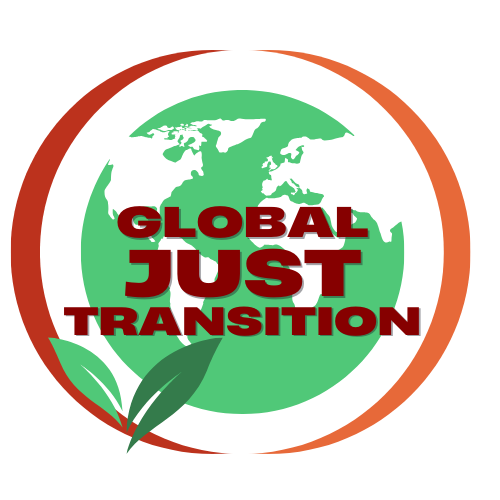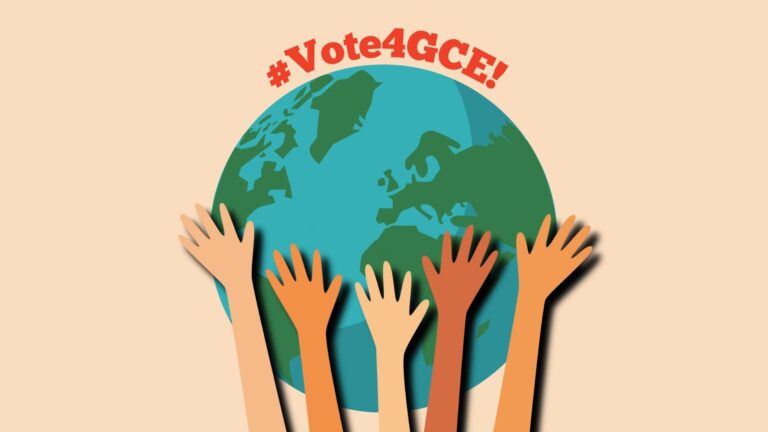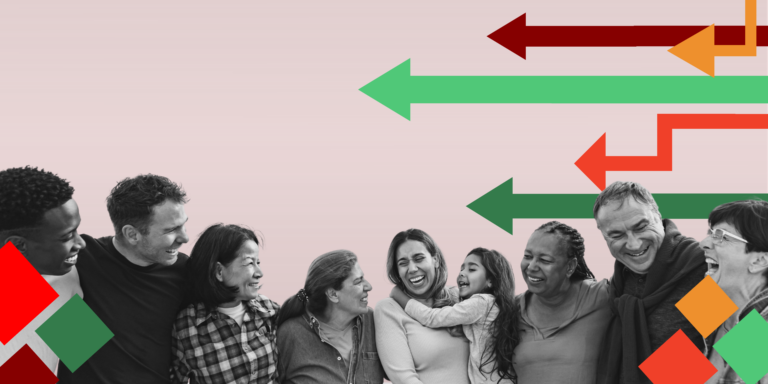Everything you need to know about the new European Commission
December 9, 2024

The new European Commission is up and running since 1st of December. Amid a push for competitiveness and security, SOLIDAR argues for a transformative vision that prioritises social justice and climate action. Will the new Commission choose to build walls or bridges for a stronger, fairer Europe? Read our analysis of the new Commissioner college.
The EU climate ambition is safe. But will the focus on competitiveness risks sidelining the need for social justice?
In response to social backlash against the Green Deal, the Commission is, more than before, addressing social and climate issues together. This approach is reflected in the new Executive Vice-President role for a “Clean, Just, and Competitive Transition” and the commitment to strengthening the just transition framework. Nevertheless, policy frameworks for climate and environment and for social issues remain distinct, with little to no new initiatives for a just transition.
SOLIDAR welcomes Teresa Ribera’s leadership on these issues and looks forward to continued collaboration to advance a socially just transition to sustainability.
However, Ribera’s broad portfolio risks prioritizing competitiveness over social justice, potentially favoring businesses and large industries at the expense of people. It is crucial to balance economic prosperity with social justice and sustainability to ensure public acceptance of the transition. The Clean Industrial Deal, Teresa’s flagship initiative, will have to have strong social conditionalities to be successful.
A serious commitment to just transition requires increased funding and new policy initiatives. While the Social Climate Fund and the Just Transition Fund are a vital step forward, it is not enough on its own to support households and regions or drive necessary investments in areas like buildings and transport.
Social measures in a liberal ideological framework: Roxana Mînzatu needs to embrace her progressive values to uphold the Social Pillar during her mandate
In her hearing, Roxana Mînzatu, Vice-President for People, Skills and Preparedness, gave relevance to issues and initiatives that on paper are in line with SOLIDAR’s advocacy: she underlined the importance of the follow-up to the Social Pillar Action Plan, mentioned the role of the European Semester in stimulating social investment, focused on the need to advance gender equality and presented the Adequate Housing Initiative and the Anti-Poverty Strategy as key. But this is not as good as it sounds.
Competitiveness, the glorification of innovation and AI, skills for the labour market without any mention of lifelong learning or transversal skills, the importance of security as a precondition for the respect of fundamental rights seem to be the ideological framework within which the Commissioner will operate, closer to a neoliberal world view than to the progressive future we want to see.
Everything will depend on the content of the measures announced and the budget attached to them. SOLIDAR will make sure that the S&D Commissioner brings a real progressive voice to this Commission.
Fair but firm? Magnus Brunner’s migration policy under scrutiny
Magnus Brunner, Commissioner-designate for Internal Affairs and Migration comes from a notably hardline Austrian party when it comes to migration. ‘Fair but firm’ was his mantra and will be his approach for implementing the EU Pact on Migration, possibly accelerating some elements though little is fair in this Pact. Mr Brunner committed to putting forward ‘fair but firm’ new legislation on returns, use all instruments available to and was open to innovative ideas to curb irregular migration, as well as to gaining ‘experience’ from the infamous offshoring of Italian asylum process to centres in Albania. However, he could be seen to reach further centre across the aisle, also mentioning ‘legal’ pathways. One can also be relieved he did not play into provocations of far-right MEPs calling Islam a threat, or CSOs allies of human traffickers. The bar really is this low.
Is McGrath’s commitment to civil society a step forward?
In his hearing, the Commissioner-designate for Democracy, Justice and the Rule of Law, Michael McGrath, underlined his strong commitment to the establishment of the European Democracy Shield and the Civil Society Platform. While these initiatives are important and progressive steps forward, SOLIDAR urges the Commissioner to ensure that the European Democracy Shield promotes inclusive mechanisms for all people residing in Europe, regardless of their status, by implementing inclusive policies and protecting the work of organised civil society in promoting civic participation.
The Commissioner’s commitment to create a Civil Society Platform promises a more systematic and meaningful involvement of civil society in the Commission’s work. In order for this platform to truly include diverse civil society voices and serve as a model for the implementation of a transversal civil dialogue, SOLIDAR looks forward to concrete steps towards an inter-institutional agreement implementing Article 11 TEU for a structured civil dialogue between the EU institutions and organised civil society at European level. In this light, SOLIDAR will continue to follow the Commissioner’s commitment to strengthen his engagement with civil society.
Will the EU’s external action and its international cooperation uphold fundamental human rights, put collaboration over competition, and advance sustainable development globally?
Will the new Commission prioritise defence, security and military spending over humanitarian aid and investment in human development? Will it be EU competitiveness over sustainable development and fair partnerships?
The written questions and hearings of both HR/VP Kaja Kallas and Commissioner Jozej Síkela give us some mixed answers.
HR/VP Kaja Kallas reassuringly underlined the EU’s commitment to promoting human rights, democracy and addressing global challenges through multilateral cooperation, including with civil society. At the same time, she emphasised policy coherence for sustainable development and the need to involve partner countries in policy-making to avoid negative impacts of internal EU policies on partners. However, its priority remains to shape the new external economic policy together with DG INTPA and to further develop the EU’s economic security doctrine. In this context, the Global Gateway is seen as a tool to project the EU’s geopolitical priorities in the implementation of the 2030 Agenda and the Neighbourhood, Development and International Cooperation Instrument – the Global Europe Instrument.
Commissioner Jozef Síkela emphasised his willingness to promote international partnerships to achieve the SDGs, to ensure policy coherence between internal and external actions, to engage with civil society organisations and to ensure adequate funding. However, his responses to some of the criticisms of the Global Gateway strategy were not sufficiently clear, leaving important concerns unaddressed. At the same time, while there is a plan to strengthen the role of the private sector in international partnerships, there is no plan to implement sufficient accountability measures.
It remains to be seen how the new Commission will strike a balance between the EU’s economic interests and partner countries’ right to sustainable development.
Civil society organisations and trade unions will be indispensable interlocutors and partners in ensuring that EU external and international cooperation policies deliver for people and planet!






